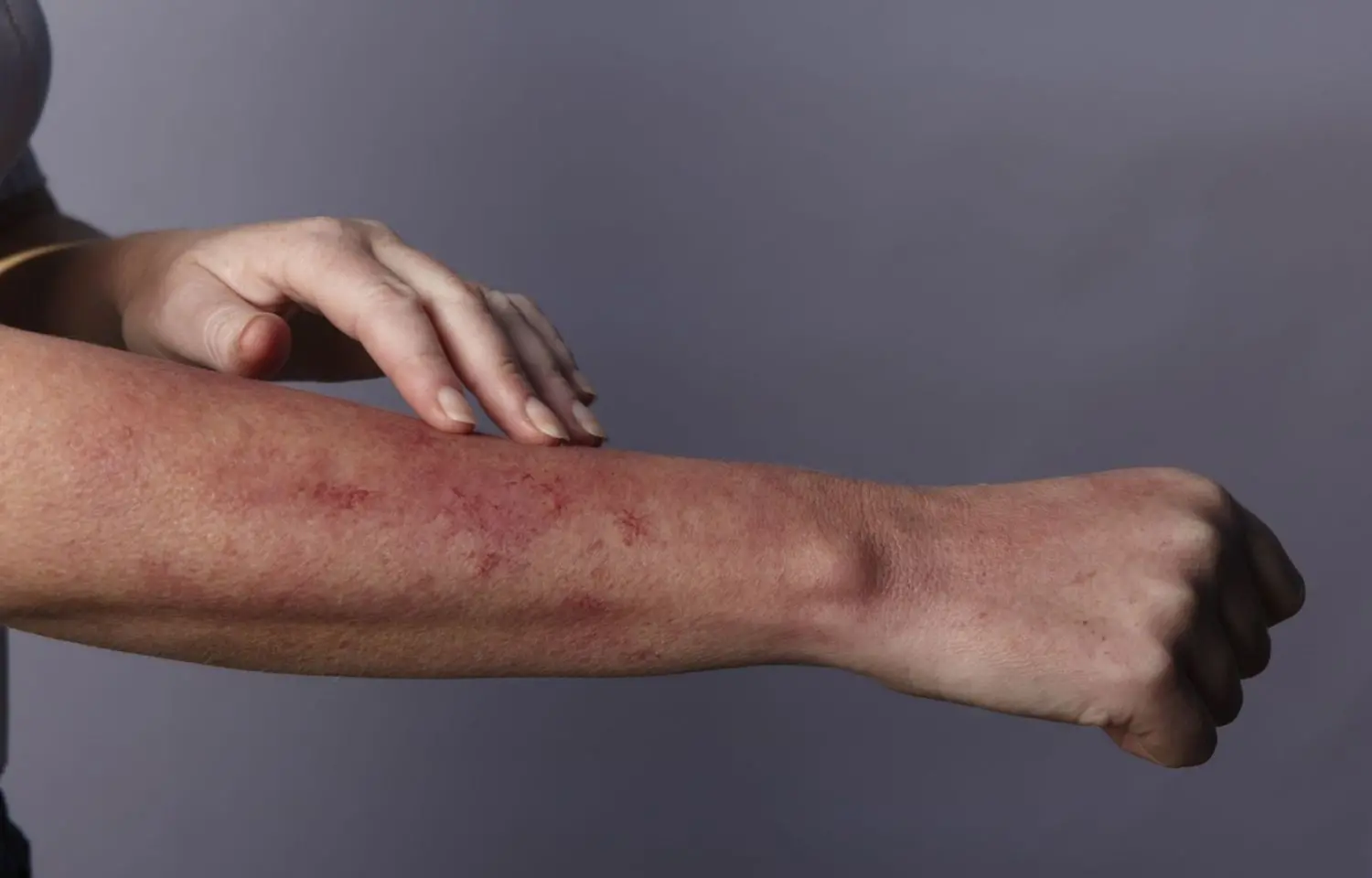- Home
- Medical news & Guidelines
- Anesthesiology
- Cardiology and CTVS
- Critical Care
- Dentistry
- Dermatology
- Diabetes and Endocrinology
- ENT
- Gastroenterology
- Medicine
- Nephrology
- Neurology
- Obstretics-Gynaecology
- Oncology
- Ophthalmology
- Orthopaedics
- Pediatrics-Neonatology
- Psychiatry
- Pulmonology
- Radiology
- Surgery
- Urology
- Laboratory Medicine
- Diet
- Nursing
- Paramedical
- Physiotherapy
- Health news
- Fact Check
- Bone Health Fact Check
- Brain Health Fact Check
- Cancer Related Fact Check
- Child Care Fact Check
- Dental and oral health fact check
- Diabetes and metabolic health fact check
- Diet and Nutrition Fact Check
- Eye and ENT Care Fact Check
- Fitness fact check
- Gut health fact check
- Heart health fact check
- Kidney health fact check
- Medical education fact check
- Men's health fact check
- Respiratory fact check
- Skin and hair care fact check
- Vaccine and Immunization fact check
- Women's health fact check
- AYUSH
- State News
- Andaman and Nicobar Islands
- Andhra Pradesh
- Arunachal Pradesh
- Assam
- Bihar
- Chandigarh
- Chattisgarh
- Dadra and Nagar Haveli
- Daman and Diu
- Delhi
- Goa
- Gujarat
- Haryana
- Himachal Pradesh
- Jammu & Kashmir
- Jharkhand
- Karnataka
- Kerala
- Ladakh
- Lakshadweep
- Madhya Pradesh
- Maharashtra
- Manipur
- Meghalaya
- Mizoram
- Nagaland
- Odisha
- Puducherry
- Punjab
- Rajasthan
- Sikkim
- Tamil Nadu
- Telangana
- Tripura
- Uttar Pradesh
- Uttrakhand
- West Bengal
- Medical Education
- Industry
Add on Etanercept improves recovery and reduces steroids need in Stevens-Johnson syndrome

China: In Stevens-Johnson syndrome/toxic epidermal necrolysis (SJS/TEN) patients, an add-in of etanercept at the time of conventional therapy initiation could be a superior alternative, says a recent study. The superiority was seen with regard to accelerated disease recovery and reducing the high dose and total amount of systemic steroids without pronounced adverse events. The study was published in Annals of Allergy, Asthma & Immunology.
Stevens-Johnson syndrome/toxic epidermal necrolysis is a severe cutaneous adverse reaction to drugs and is associated with significant morbidity and mortality. Immunomodulators for SJS/TEN include intravenous immunoglobulin (IVIG) and systemic corticosteroids have been used widely in clinical practice. Emerging evidence has indicated the therapeutic effects of TNF-α antagonists on SJS/TEN.
Cui-cui Tian, Department of Dermatology, Sun Yat-sen Memorial Hospital, Sun Yat-sen University, China, and colleagues aimed to compare the safety and efficacy of intravenous immunoglobulins and systemic steroids in conjunction with or without etanercept, a TNF-α inhibitor, for SJS/TEN patients.
For this purpose, the researchers undertook a retrospective review of 41 patients with SJS/TEN admitted to the institution from 2015 to February 2021. The study involved 25 patients with integrated data, of which 14 patients were treated with IVIG and corticosteroids, and 11 were additionally given etanercept. The duration of hospitalization, clinical characteristics, the total amount of systemic steroids, and exposure time to high-dose steroids were analyzed.
Based on the study, the researchers found the following:
- In comparison to conventional therapy, conjunction with etanercept reduced the duration of hospitalization (13.5 vs. 19.0 days), the exposure time of high-dose steroids (7.1 vs. 14.9 days) and the overall amount of systemic steroid (925 mg vs. 1412.5 mg) in SJS/TEN patients.
- No pronounced adverse effects were observed within 6 months of follow-up after treatment.
"Etanercept addition at the time of initiating conventional therapy could be a superior option to accelerate disease recovery and reduce the high dose and total amount of systemic steroids without pronounced adverse events in SJS/TEN patients," wrote the authors.
Reference:
Tian CC, Ai XC, Ma JC, Hu FQ, Liu XT, Luo YJ, Tan GZ, Zhang JM, Li XQ, Guo Q, Zeng FQ, Shi ZR, Wang L. Etanercept treatment of Stevens-Johnson syndrome and toxic epidermal necrolysis. Ann Allergy Asthma Immunol. 2022 May 19:S1081-1206(22)00441-0. doi: 10.1016/j.anai.2022.05.009. Epub ahead of print. PMID: 35598882.
Dr Kamal Kant Kohli-MBBS, DTCD- a chest specialist with more than 30 years of practice and a flair for writing clinical articles, Dr Kamal Kant Kohli joined Medical Dialogues as a Chief Editor of Medical News. Besides writing articles, as an editor, he proofreads and verifies all the medical content published on Medical Dialogues including those coming from journals, studies,medical conferences,guidelines etc. Email: drkohli@medicaldialogues.in. Contact no. 011-43720751


